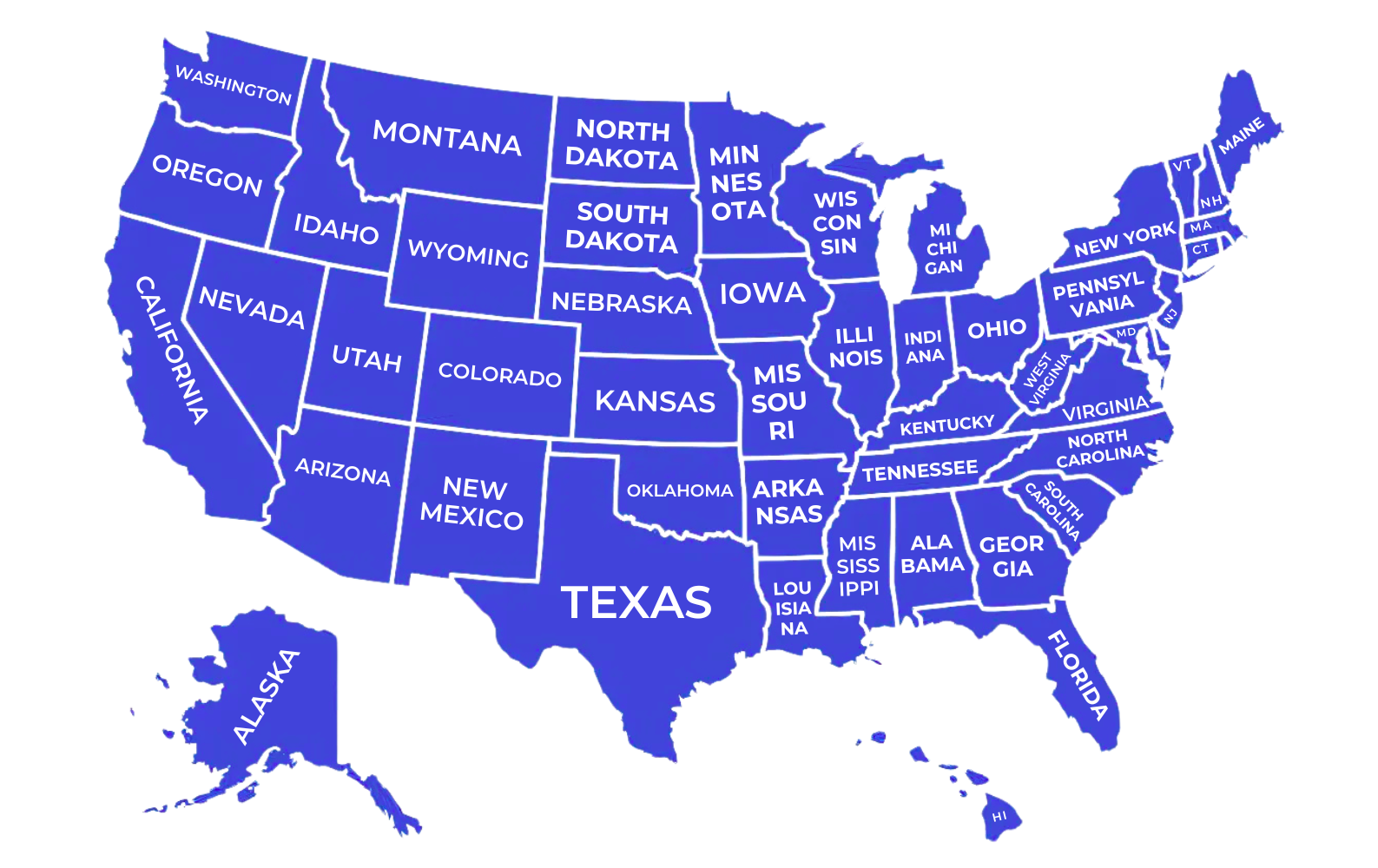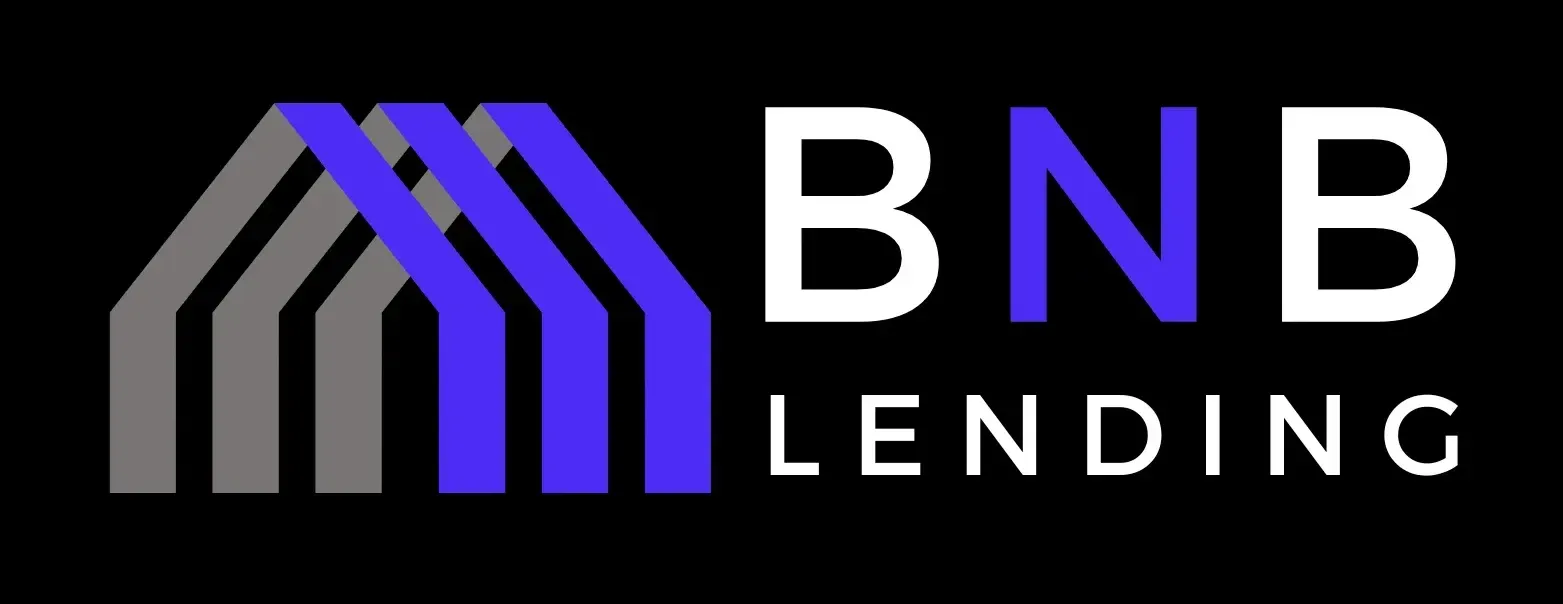
Florida Second Home Loans and Mortgage Solutions
Financing Your Dream Second Home
Do you want to purchase a weekend cabin, a beachfront property, or a home for future rental income in Florida? We provide the flexibility to make your Florida real estate dreams a reality!
BNB Lending finances your Florida vacation property, second residence, or investment home. With competitive rates and flexible terms, each Florida loan is designed to expand your real estate portfolio or offer a relaxing retreat. We offer streamlined applications and quick approvals, making the process simple and hassle-free.
How to qualify
To obtain a quote, we will need the following information:
Property Value and
Purchase Price
Down Payment
Amount
Credit Score
Asset Types
- Single Family Homes
- Townhomes
- Condos
- 2 - 4 Units (Duplex, Triplex, Quadplex)
- Multi-Family: 5 - 8 Units
- Mixed-Use: 2 - 8 Units
- Multi-Family: 9+ Unit
Loan Terms
- Loan Sizes:
$100k up to $3.5 Million (Larger loan sizes available on a case by case basis)
- Purchase LTV:
Up to 85%
- Rate & Term Refinance LTV:
Up to 80%
- Cash Out Refinance LTV:
Up to 80%
- Amortization:
30 Year % 40 Year Amortization Options Available
- Term Lengths:
5/6 ARMs, 7/6 ARMs, 10 Year Interest Only, 30 Year Fixed & 40 Year Fixed
- Floor Rate:
5.50% (subject to change daily due to market volatility)
- Full Recourse
with personal guarantee required for all borrowers with majority ownership (typically 20%+ or 25%+ if closing in an Entity)
- DSCR Requirement: 1.00x or greater depending on loan size and property type. Sub-1.00x DSCR and NO DSCR options available.
- Vesting:
Lending to Individuals, LLCs, and Corporations. Trusts Allowable on a Case by Case Basis.
- Average Time to Close:
14 to 35 days
Wondering if you qualify for investment property financing in your area?
We offer lending services in all 50 states!

Frequently Asked Questions
What are the requirements for getting a second home loan, and how does Florida define second homes?
To get a second home loan in Florida, you’ll need to meet standard lender requirements, including strong credit (typically 660+), a 10–20% down payment, and proof that the property is a one-unit, year-round residence you’ll occupy part of the year. Florida does not have additional state definitions for second homes, so federal lending criteria apply. However, keep in mind that if you rent the Florida property short-term for more than 14 days a year, it may be classified as an investment home. Lenders offering Florida second home mortgages will require you to certify intent to occupy it personally for part of the year. Distance from your primary residence can influence approval depending on the lender, but Florida law does not mandate a minimum.
Are second home mortgages affected by local or state-level rental regulations in Florida?
Yes, second home mortgages in Florida may be impacted by short-term rental regulations in certain counties. While Florida does not ban short-term rentals statewide, cities like Miami Beach and Orlando enforce zoning, registration, and licensing rules. If your Florida second home is frequently rented, local ordinances could affect property use and tax classification. Some Florida municipalities collect a Tourist Development Tax on rentals under six months, which applies even if the home is financed as a second residence. Before finalizing your second home loan in Florida, it’s important to verify local STR restrictions that could affect your investment. Florida mortgage lenders will also consider intended use when structuring the loan.
How are property taxes and homestead exemptions different for second homes in Florida?
Florida’s generous homestead exemption—up to $50,000 off taxable value—only applies to primary residences. If your Florida property is classified as a second home, you won’t qualify for this exemption. This means second homes in Florida typically have higher effective property tax bills than owner-occupied homes. Unlike a primary residence, a Florida second home cannot benefit from Save Our Homes protections or portability. Additionally, some counties impose supplemental taxes on Florida short-term rental properties, which can impact your returns. Always consider local tax implications when financing a second home in Florida, especially if the property will be used for income generation. Consult a Florida-based tax advisor to understand how property classification impacts your loan strategy.
Can I deduct mortgage interest on a second home from my state or federal taxes?
Florida does not have a state income tax, so there are no state-level deductions for mortgage interest. However, at the federal level, you can deduct mortgage interest on up to two homes—including a second home in Florida—if you itemize deductions and your loan is under the IRS limits. If you rent out the second home, you can deduct mortgage interest as a business expense for the portion used as a rental. Keep detailed records, especially if you use the Florida property part-time and rent it the rest of the year. Loan interest deductions for Florida second homes are subject to federal tax reform caps, so verify current IRS guidelines. Speak to a tax advisor to maximize allowable benefits on your Florida property.
Are there specific second home loan programs or financial incentives in Florida?
Florida does not offer dedicated second home loan programs through state housing authorities. Most Florida second home mortgages are offered through conventional lenders, banks, and private mortgage companies like BNB Lending. While Florida Housing Finance Corporation provides down payment assistance, it is limited to primary residences. There are no state-sponsored grants or incentives specifically for buying second homes in Florida. However, Florida’s lack of income tax and attractive tourism market make second homes financially viable. If you plan to rent out the Florida property, you may benefit from accelerated depreciation and other tax strategies. Work with a lender who understands Florida second home lending to explore your best financing options.
What types of properties qualify for second home financing?
In Florida, second home loans can be used to finance single-family homes, condos, townhomes, and 2–4 unit properties. The key Florida requirement is that the property must be a one-unit residence that you occupy for part of the year. Condos in Florida often have stricter underwriting due to HOA or flood zone requirements, especially near the coast. Lenders may also evaluate Florida zoning if you intend to use the home as a vacation rental. Homes located in designated resort areas of Florida are typically accepted, provided you intend personal use. For multi-unit properties or full-time rentals, an investment loan—not a second home mortgage—will be required in Florida.
Who should consider a second home loan instead of an investment loan?
These loans are perfect for self-employed individuals, LLCs, and investors managing multiple properties. If you’re planning to use your Florida property primarily for personal vacations or seasonal living, a second home loan is ideal. Florida second home loans generally offer better interest rates than investment loans and require lower down payments. You’ll still be able to rent the Florida property occasionally, provided it doesn’t become your primary source of rental income. Investors who want to balance personal use with occasional Florida Airbnb income often find this loan type to be the right fit. If your Florida home will be heavily rented or managed like a business, an investment loan may be more appropriate.
Expanding your real estate portfolio beyond Florida? Explore Airbnb loans and second home financing options in nearby states like Georgia and South Carolina to diversify your property assets.

